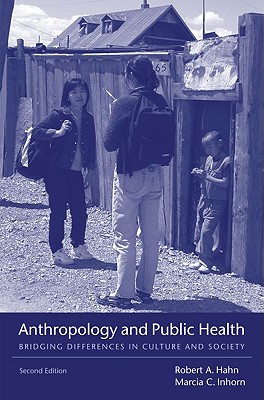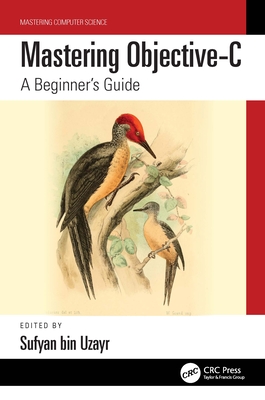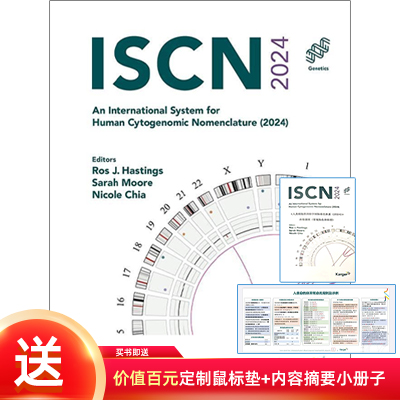图书简介
Anthropological critiques may focus on major international public health agencies and their workings, as well as public health responses to the threats of infectious disease and other disasters. Through twenty-four compelling case studies from around the world, the volume provides a powerful argument for the imperative of anthropological perspectives, methods, information, and collaboration in the understanding and practice of public health. Written in plain English, with significant attention to anthropological methodology, the book should be required reading for public health practitioners, medical anthropologists, and health policy makers.
Part I: Anthropological Understanding of Public Health Problems; 1 Vinay Kamat: The Anthropology of Childhood Malaria in Tanzania; 2 David Van Sickle: Diagnosis and Management of Asthma in the Medical Marketplace of India: Implications for Effort to Improve Global Respiratory Health; 3 Nancy E. Schoenberg, Elaine M. Drew, and Eleanor Palo Stoller: Situating Stress: Lessons from Lay Discourses on Diabetes; 4 Carl Kendall, Aimee Afable-Munsuz, Ilene Speizer, Alexis Avery, Norine Schmidt, and John Santelli: Undersatnding Prgnancy in a Population of Inner-City Women in New Orleans-- Results of Qualitative Research; 5 Mark B. Padilla: The Limits of Heterosexual AIDS: Ethnographic Research on Tourism and Male Sexual Labor in the Dominican Republic; 6 Marcia C. Inhorn, Loulou Kobeissi, Antoine A. Abu-Musa, Johnny Awward, Michael H. Fakih, Najwa Hammoud, Antoine B. Hannoun, Da’ad Lakkis, and Zaher Nassar: Male Infertility and Consanguinity in Lebanon: the Power of Ethnogrpahic Epidemiology; 7 Tom Leatherman and R. Brooke Thomas: Structural Violence, Political Violence, and the Health Costs of Civil Conflict: A Case Study from Peru; Part II: Anthropological Design of Public Health Interventions; 8 Joan D. Koss-Chioino: Bridges between Mental Health Care and Religious Healing in Puerto Rico: The Outcome of an Early Experiment; 9 Jeannine Coreil and Gladys Mayard: Indigenization of Illness Support Groups for Lymphatic Filariasis in Haiti; 10 Namino Glantz: Using Formative Research to Explore and Address Elder Health and Care in Chiapas, Mexico; 11 Mark Nichter, Mimi Nichter, Siwi Padmawti, C.U. Thresia, and Project Quit Tobacco International Group: Anthropological Contributions to the Development of Culturally Appropriate Tobacco Cessation Programs: A Global Health Priority; 12 Merrill Singer, Greg Mirhej, Claudia Santelices, and Hassan Saleheen: From Street Research to Public Health Intervetnion: The Hartford Drug Monitoring Project; 13 Stephen L. Schensul, Ravi K. Verma, Bonnie K. Nastasi, Niranjan Saggurti, and Abdelwahed Mekki-Berrada: Sexual Risk Reduction Among Married Men and Women in Urban India: An Anthropological Intervention; Part III: Anthropological Evaluations of Public Health Initiatives; 14 Ellen Gruenbaum: Honorable Mutilation? Changing Responses to Female Genital Cutting in Sudan; 15 Nicole S. Berry: Making Pregnancy Safer for Women around the World: The Example of Safe Motherhood and Maternal Death in Guatemala; 16 Karen Marie Moland and Astrid Blystad: Counting on Mother’s Love; 17 Joao Biehl: The Brazilian Response to AIDS and the Pharmaceuticalization of Global Health; 18 Elisha P. Renne: Anthropological and Public Health Perspectives on the Polio Eradication Initiative in Northern Nigeria; Part IV: Anthropological Critiques of Public Health Policy; 19 Eric A. Stein: Sanitary Makeshifts and the Perpetuation of Health Stratification in Indonesia; 20 Stacy Lockerbie and D. Ann Herring: Global Panic, Local Repercussions: The Economic and Nutritional Effects of Bird Flu in Vietnam; 21 Sandy Smith-Nonini: Neoliberal Infections and the Politics of Health: Resurgent Tuberculosis Epidemics in New York City and Lima, Peru; 22 Adriana Petryna: Biological Citizenship After Chernobyl; 23 Craig R. Janes: An Ethnographic Evaluation of Post-Alma Ata Health System Reforms in Mongolia: Lessons for Addressing Health Inequities in Poor Communities; 24 George M. Foster: Bureaucratic Aspects of International Health Programs
Trade Policy 买家须知
- 关于产品:
- ● 正版保障:本网站隶属于中国国际图书贸易集团公司,确保所有图书都是100%正版。
- ● 环保纸张:进口图书大多使用的都是环保轻型张,颜色偏黄,重量比较轻。
- ● 毛边版:即书翻页的地方,故意做成了参差不齐的样子,一般为精装版,更具收藏价值。
关于退换货:- 由于预订产品的特殊性,采购订单正式发订后,买方不得无故取消全部或部分产品的订购。
- 由于进口图书的特殊性,发生以下情况的,请直接拒收货物,由快递返回:
- ● 外包装破损/发错货/少发货/图书外观破损/图书配件不全(例如:光盘等)
并请在工作日通过电话400-008-1110联系我们。
- 签收后,如发生以下情况,请在签收后的5个工作日内联系客服办理退换货:
- ● 缺页/错页/错印/脱线
关于发货时间:- 一般情况下:
- ●【现货】 下单后48小时内由北京(库房)发出快递。
- ●【预订】【预售】下单后国外发货,到货时间预计5-8周左右,店铺默认中通快递,如需顺丰快递邮费到付。
- ● 需要开具发票的客户,发货时间可能在上述基础上再延后1-2个工作日(紧急发票需求,请联系010-68433105/3213);
- ● 如遇其他特殊原因,对发货时间有影响的,我们会第一时间在网站公告,敬请留意。
关于到货时间:- 由于进口图书入境入库后,都是委托第三方快递发货,所以我们只能保证在规定时间内发出,但无法为您保证确切的到货时间。
- ● 主要城市一般2-4天
- ● 偏远地区一般4-7天
关于接听咨询电话的时间:- 010-68433105/3213正常接听咨询电话的时间为:周一至周五上午8:30~下午5:00,周六、日及法定节假日休息,将无法接听来电,敬请谅解。
- 其它时间您也可以通过邮件联系我们:customer@readgo.cn,工作日会优先处理。
关于快递:- ● 已付款订单:主要由中通、宅急送负责派送,订单进度查询请拨打010-68433105/3213。
本书暂无推荐
本书暂无推荐













